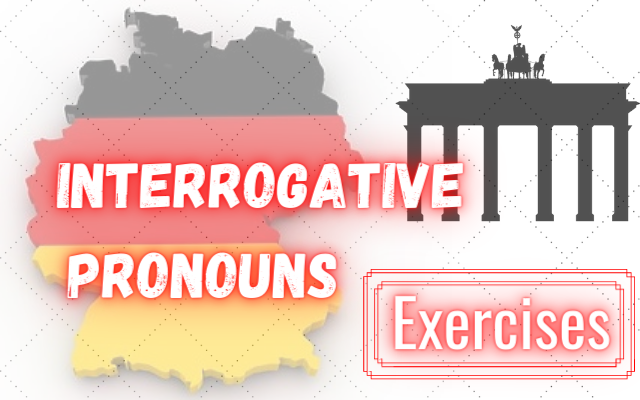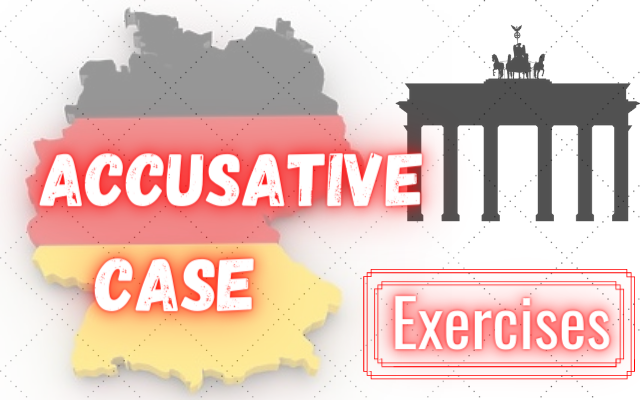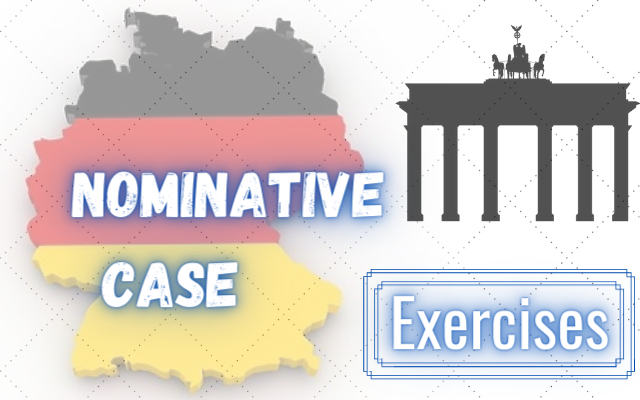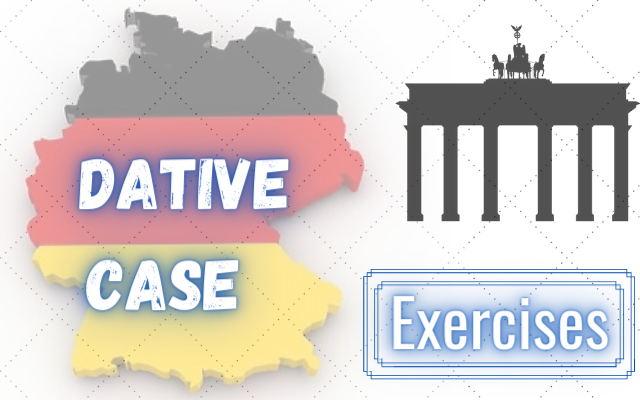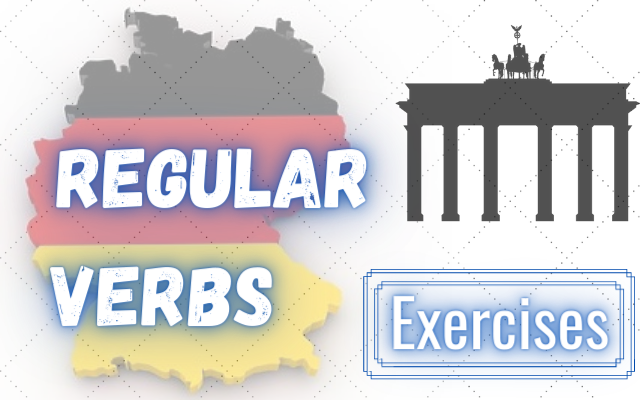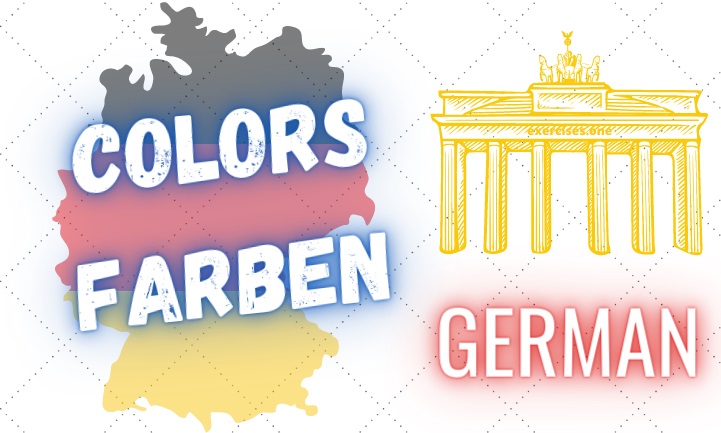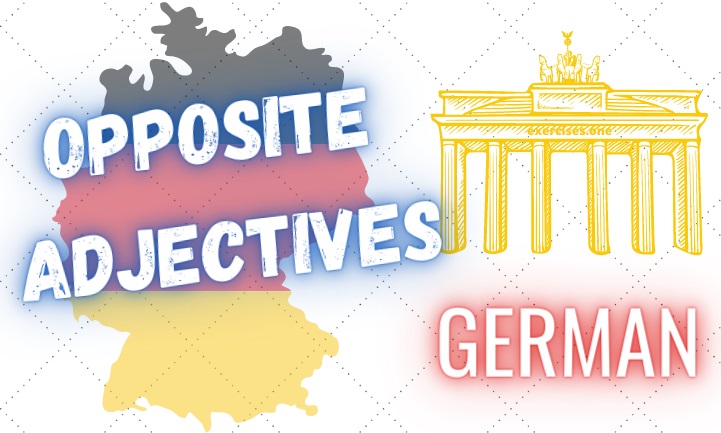
Hello there, student! Today we’re going to explore the interesting world of German opposite adjectives. Adjectives, as you may already know, are words that describe or modify other words, making your sentences more detailed and colorful.
We often use opposites in our everyday speech, so practicing these pairs can significantly improve your communication skills in German.

1) Put the Sentences in the Correct Order – German Opposite Adjectives
a) ist / das / glas / halb / leer
Das Glas ist halb leer.
2) Can you Translate these Sentences?
a) The house is big.
Das Haus ist groß.
3) Practice your Vocabulary of German Opposite Adjectives
a) Tall – Short
Groß – Klein
4) Practice Your Writing by Translating this Small Text Taking the German Opposite Adjectives into Consideration
Well done! You’ve now gone through a series of activities designed to help you understand and apply German opposite adjectives in different contexts.
Practice is crucial when it comes to language learning, so I encourage you to revisit these exercises, write your own sentences, and try to use these adjectives in your daily conversation.
Below you can move on to another exciting topic. Keep up the good work and remember – every bit of effort brings you one step closer to fluency in German!



